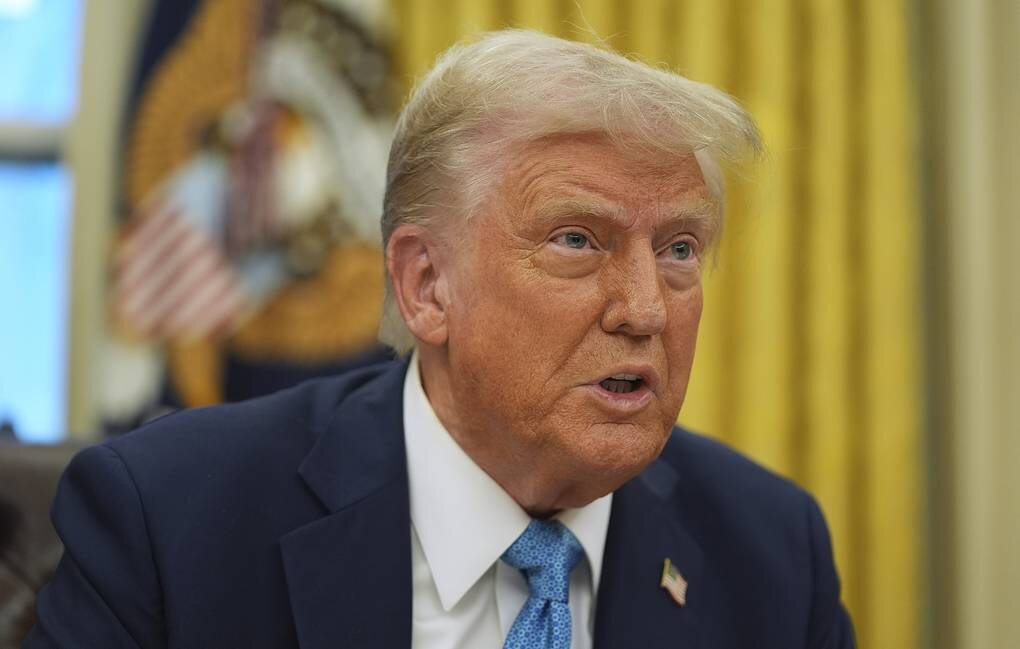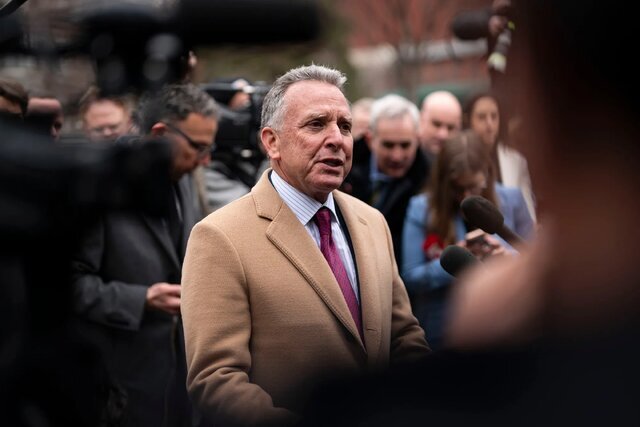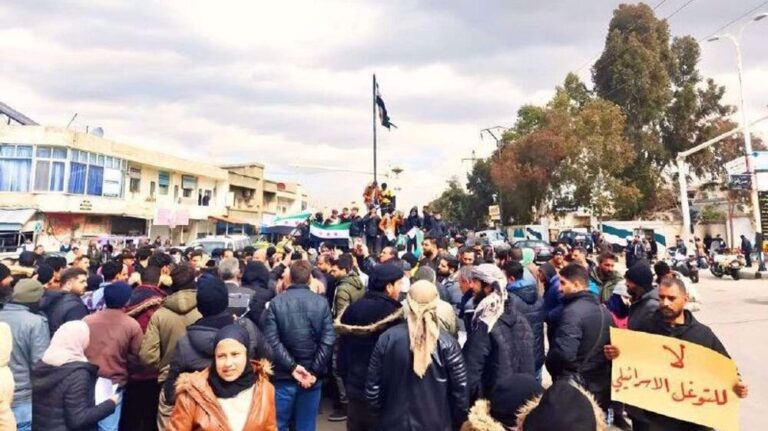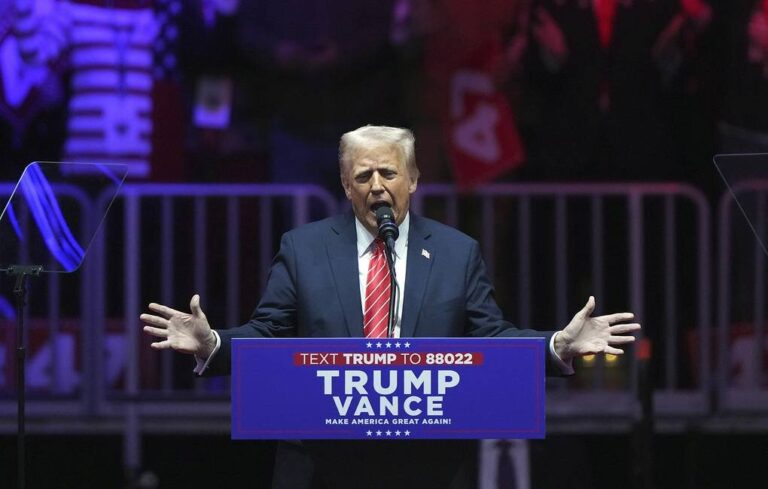Trump Takes Bold Action: Cuts Funding for South Africa with New Executive Order
The recent allocation of nearly $440 million in assistance to South Africa by the United States in 2023 has sparked significant discussions regarding the implications of such aid. According to the latest data from the US government, this substantial financial support aims to address various humanitarian needs within South Africa. However, the South African foreign ministry has expressed strong criticism regarding the US’s approach, highlighting the complex historical context that shapes current socio-economic dynamics.
On Saturday, the South African foreign ministry issued a statement, asserting that the executive order issued by the US “lacks factual accuracy and fails to recognize South Africa’s profound and painful history of colonialism and apartheid.” This statement underscores the ongoing tensions between the two nations and raises questions about the motives behind the US assistance.
In addition to the financial aid, the White House has announced plans to assist white South African farmers and their families in relocating as refugees to the United States. According to reports from Reuters, this initiative reflects a broader strategy to provide humanitarian relief. Key details regarding the US’s plans include:
- The resettlement of Afrikaners, who are primarily white descendants of early Dutch and French settlers in South Africa.
- Prioritizing admission and resettlement through the United States Refugee Admissions Program.
- Addressing the needs of specific groups deemed vulnerable within the South African context.
Despite the intentions behind this executive order, the South African foreign ministry has raised critical concerns. They stated, “It is ironic that the executive order makes provision for refugee status in the US for a group in South Africa that remains amongst the most economically privileged, while vulnerable people in the US from other parts of the world are being deported and denied asylum despite real hardship.” This statement highlights the perceived inequity in how refugee statuses are allocated and raises ethical questions about the priority given to certain demographics over others.
The allocation of funds by the US government reflects a complex interplay of international relations, historical context, and humanitarian efforts. South Africa has a long history influenced by colonialism and apartheid, which continues to affect its current socio-economic landscape. The assistance provided aims to alleviate some of these challenges, but the manner in which it is implemented is crucial for its success.
As discussions surrounding this issue continue, it is essential to consider the broader implications of such aid. Critics argue that prioritizing specific groups can lead to resentment among other vulnerable populations, both in South Africa and the US. This situation necessitates a careful and thoughtful approach to humanitarian assistance, ensuring that all individuals in need are considered equitably.
In conclusion, the US’s decision to allocate $440 million in assistance to South Africa has ignited a complex dialogue about historical injustices, refugee status, and the ethical considerations of international aid. As these discussions evolve, it will be critical for policymakers to navigate the intricate dynamics of race, privilege, and vulnerability in their efforts to provide humanitarian support.
As this situation unfolds, observers will be keen to see how both the US and South Africa address these pressing issues and what impact this assistance will have on the lives of those it aims to help.






